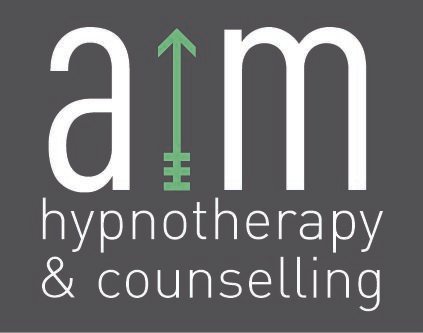According to James S. Gordon, M.D., director of the Center for Mind-Body Medicine in Washington, D.C, "in a world of high-tech medical gadgetry and space-age technology, the best software in the world is still that gray matter between your ears".
He advocated the use of thoughts to lower pain and control illness and believes using visualization and imagery to heal the body and the mind. Visualization and guided imagery are in essence hypnotherapy, and more and more article are being written about the benefits of unobtrusive methods of healing and many medical communities are beginning to endorse the use of such techniques in addition to or instead of medical interventions.
According to an article by Dr Steve Rossman "the mind-body connection centers in the hypothalamus, the section of your brain that regulates the autonomic nervous system, which controls automatic processes such as blood pressure". The hypothalamus is a section of the brain that controls the putiatary gland by releasing homones that are specializes in regluating various other glands in the body. The job of the hypothalamus is to control homeostatic behaviour such as eating, drinking, body temperature,sleeping, sexual behaviour and emotional reactions. This part of our brain responds to stress which regulates our heartbeat and either puts us in a state of arousal or calms our bodies responses to stress.
This is the part of our brain that reacts to our thoughts and our feelings. This is a circular loop as our thoughts effect our bodies reaction and our reaction to our bodily functions such as perspiration and elevated heart rate leads to our evaluation of our reaction, ie we decide whether we are stressed, excited, aroused etc. Although there are several theories about how we react to emotions and which comes first our physical reaction or our perception of our physical reaction, they do inevitably feed into each other.
Judith Green, Ph.D., professor of psychology and biofeedback in the Department of Behavioral Sciences at Aims Community College in Greeley, Colorado, and author of The Dynamics of Health and Wellness, explains that if our "brain regulates [our] bodies and [our] thoughts regulate [our] brain, it only makes sense that [we] can affect many of your physical responses, including illness.
(Note: Recent research has concluded that every thought we have engenders chemical messengers. These messengers communicate with receptors found throughout the entire body. Healthy thoughts engender chemicals that contribute to health. Negative thoughts do the opposite. That is why stress, which is a mental event, results in so many unhealthy conditions).
Some food for thought about our own ability to effect our physical health through efforts to ameliorate our mental health.
Follow this link to Dr Rossman's article

